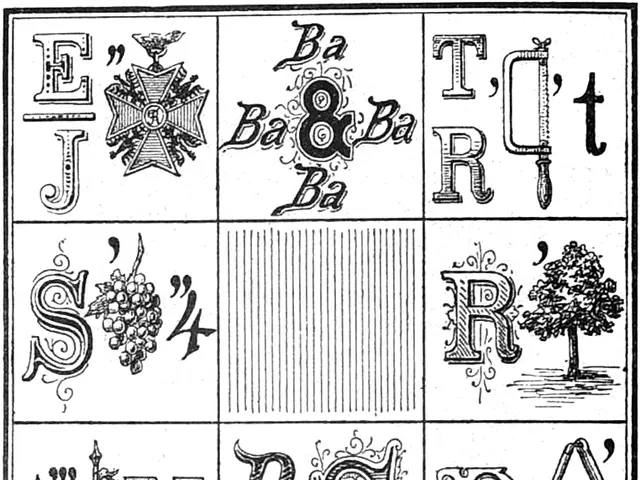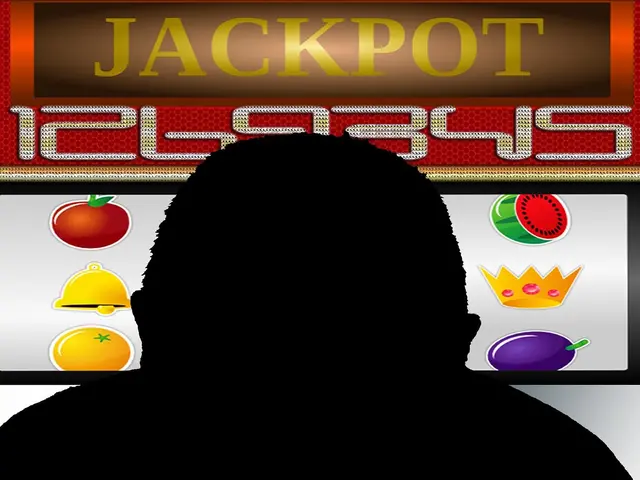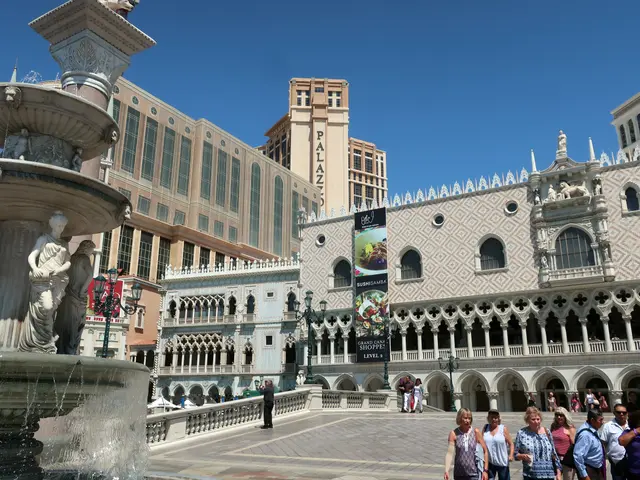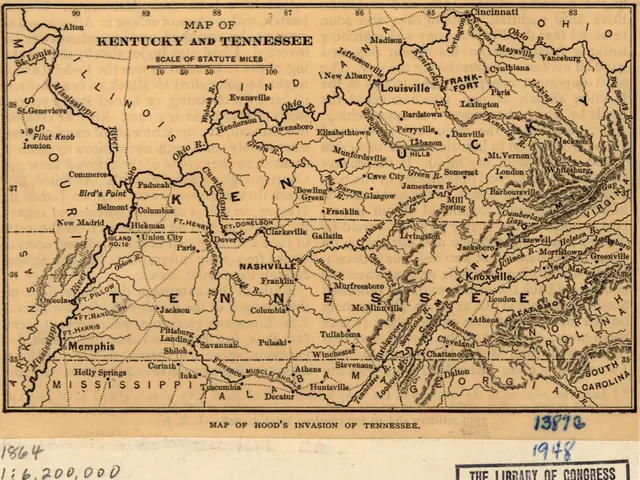Increase in Gambling Taxes Proposed by Ex-UK Prime Minister for Aid to Impoverished Children
A contentious proposal to increase taxes on the gambling industry, particularly online casinos, has been put forth to address the issue of child poverty in Britain. The focus of the tax hike would not be on lotteries or bingo, but mainly on slot machines and online gambling.
Former Prime Minister Gordon Brown is a key advocate for this increase, arguing that it could generate an additional £3.2bn ($4.3bn) annually. Brown believes this substantial revenue could support national efforts to reduce child poverty, which currently stands at an all-time high and is worse than most countries in Europe.
The proposed tax hike would see the remote gaming duty increase from the current 21% to 50%, according to a report by the IPPR think tank. This increase is intended to alleviate the burden of child poverty, with Brown aiming to help half a million children living in poverty.
However, the UK Betting and Gaming Council (BGC) has expressed concerns about the proposed tax hike. The BGC argues that such a significant increase could threaten the regulated market by pushing customers towards unlicensed, untaxed black-market operators.
Proponents of the tax hike see gambling profits as a justifiable source for social investment, especially to tackle the escalating crisis of child poverty. They argue that the UK’s gambling tax rates are lower compared to countries like Austria, the Netherlands, and some US states, suggesting room to increase taxes without disproportionate impact.
On the other hand, opponents warn of the risks of market displacement, black-market growth, and economic drawbacks that could undermine the aim of combating child poverty. The BGC has called the proposed tax hike "economically reckless and factually misleading".
The debate surrounding this proposal is far from over, with both sides presenting compelling arguments. The outcome of this discussion could have significant implications for the gambling industry and the fight against child poverty in Britain.
[1] IPPR Report: "Fixing the Gambling Industry" [2] GamblingCompliance: "UK Gambling Tax Hike Proposal Sparks Industry Concerns" [3] The Guardian: "Gordon Brown calls for online gambling tax hike to fund anti-poverty measures" [4] BBC News: "Child poverty in the UK: What is being done?" [5] The Conversation: "UK's gambling industry is booming, but is it a good thing?"
- The proposal to increase taxes on casino-and-gambling, particularly online casinos and casino-games like slots, has been presented to combat child poverty in Britain, with former Prime Minister Gordon Brown advocating for this increase.
- The UK Betting and Gaming Council (BGC) has expressed concerns about the proposed tax hike, arguing that such a significant increase could lead to market displacement, growth of the black market, and potential economic drawbacks, undermining the aim of combating child poverty.
- Proponents of the tax hike view gambling profits as a justifiable source for social investment, especially for tackling the escalating crisis of child poverty, and argue that the UK’s gambling tax rates are lower compared to certain countries like Austria, the Netherlands, and some US states, suggesting room to increase taxes without disproportionate impact.








